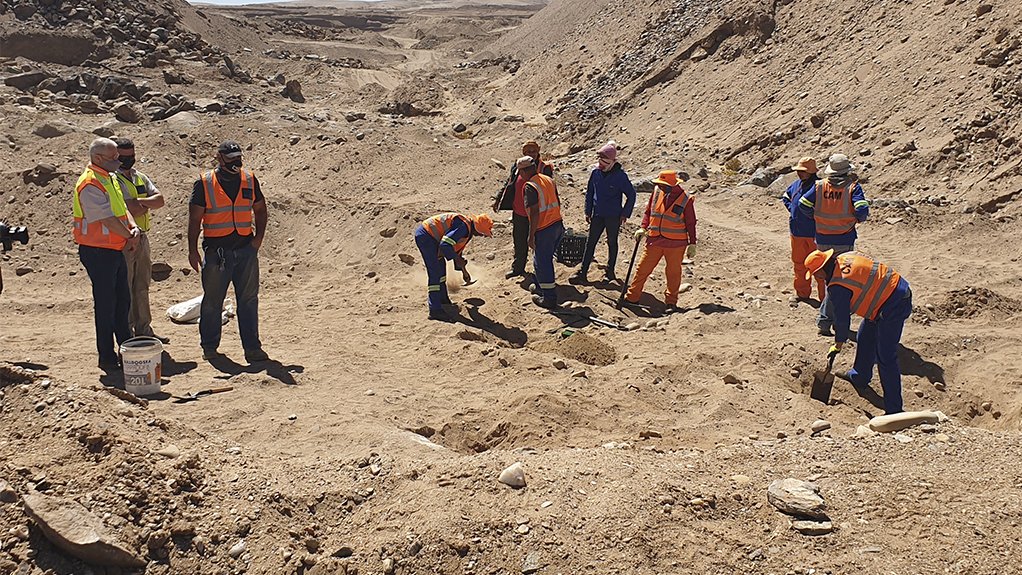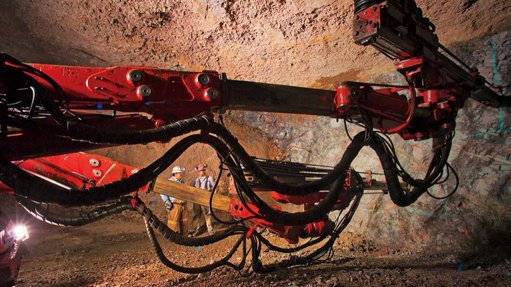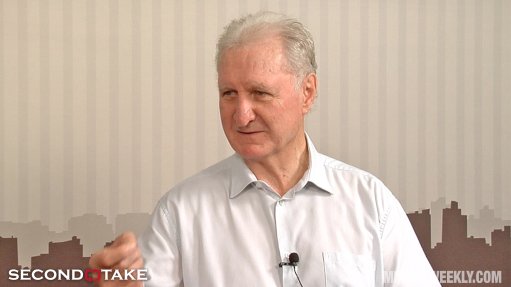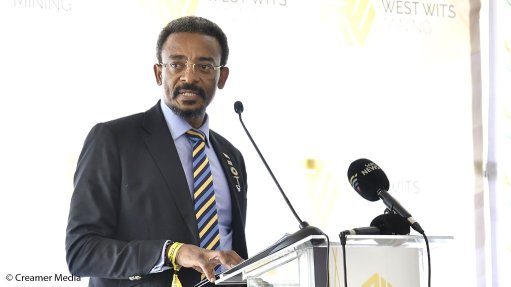Tanzania leads ASM legislation, support


UNTAPPED POTENTIAL Artisanal, small-scale and junior miners are frequently overlooked resulting in missed growth and development opportunities
Photo by Simone Liedtke
Tanzania has emerged as a leader in the Southern African Development Community (SADC) region for its progressive and supportive policies toward artisanal and small-scale mining (ASM), demonstrating the significant strides the country has made in formalising ASM activities, according to regional mining lobby organisation Mining Industry Association of Southern Africa (Miasa) executive secretary Vusi Mabena.
Speaking at the Junior Indaba, held from May 21 to 22 in Johannesburg, he asserted that Tanzania’s progressive stance on ASM offers a valuable model for other SADC countries.
As other countries in the region grapple with their own legislative and policy challenges, Tanzania’s experience underscores the potential benefits of a supportive and well-regulated ASM sector.
The Tanzanian government, Mabena pointed out, has established clear developmental policy on ASM, marked by clear assistance and support for small-scale miners. This includes the enactment of the Artisanal and Small-Scale Mining Act, which provides a clear definition of ASM and offers numerous supportive measures, including the provision of extension services, access to markets, geological information and technical support.
Further, the government has introduced an environmental protection plan designed for ASM, simplifying environmental compliance compared to the more “onerous” environmental impact assessments required for larger operations, he said.
A standout feature of Tanzania’s approach is the creation of a specialised column in their cadastral system for ASM, resulting in the registration of 44 000 permits, highlighted Mabena.
Tanzania’s State Mining Corporation (Stamico) plays a crucial role in this ecosystem, providing drill rigs for exploration to junior miners at no cost, thereby promoting exploration and development of the country’s mineral resources.
In addition, he explained that the establishment of government buying platforms has curbed gold smuggling by providing a secure and direct avenue for miners to sell their products, thus ensuring they participate in the formal economy.
However, despite these advancements, he said challenges remain, which the Tanzanian government is aware of and is trying to deal with on a continuous basis, including small scale miners’ use of mercury in gold processing, the absence of reclamation of mined-out areas and frequent mining accidents.
Policy Pitfalls
While Tanzania stands out for its supportive ASM policies, other countries in the SADC region vary significantly in their treatment and regulation of ASM, with Miasa indentifying the major challenge of the lack of harmonised policies across the region, which complicates investment and development in the mining sector.
Mabena emphasised that while large- scale mining companies often receive considerable government support, ASM and junior miners are frequently overlooked, thereby missing out on opportunities for growth and development.
Governments tend to focus on large-scale mining companies with abundant resources, further limiting the potential of ASMs, he said, adding that there is no universally agreed-upon definition of ASM owing to varying circumstances in different countries, which adds complexity to the issue.
Mabena underscored the potential revenue that ASM could bring to countries, noting that current ASM and junior mining companies are often judged based on their revenue.
He argued that categorising these operations by revenue thresholds, such as $5-million for juniors or $50-million for more established operations, ignores the potential of ASMs with little to no initial capital, thus limiting growth opportunities.
Exploring the differences in approach to ASM by various SADC members, Mabena highlighted Botswana as having investor-friendly mining legislation, but lacking clear ASM policy.
Despite attracting many investors, the industry continues to experience friction with the ASM sector owing to a lack of understanding of the concept of ASM, he posited.
Mabena also highlighted Lesotho’s mining legislation development, noting that the country is the only one to align its mining policies with the African Mining Vision; however, the country has yet to develop specific ASM policies.
In Malawi, the mining industry is largely at a standstill as it was significantly based on the mining of uranium, which has experienced challenges such as reduced demand. Although graphite has been recently discovered, Malawi lacks a policy on ASM.
In South Africa, ASM is largely comprised of illegal mining syndicates that operate outside the formal framework, while legitimate junior mining companies in South Africa are categorised by specific thresholds, as outlined in the Small Business Act.
Although there is no clear policy on ASM in South Africa, a framework was established in 2018, which is currently under review owing to negative publicity, noted Mabena.
However, the slow progress will likely result in South Africa missing significant opportunities in the mining sector, he added.
The Democratic Republic of Congo, Madagascar, Mozambique, Namibia and Zimbabwe have recognised ASM to various extents, Mabena concludes, adding that these countries are yet to develop clear policy on ASM, while Zambia is working towards developing such policy.
Article Enquiry
Email Article
Save Article
Feedback
To advertise email advertising@creamermedia.co.za or click here
Press Office
Announcements
What's On
Subscribe to improve your user experience...
Option 1 (equivalent of R125 a month):
Receive a weekly copy of Creamer Media's Engineering News & Mining Weekly magazine
(print copy for those in South Africa and e-magazine for those outside of South Africa)
Receive daily email newsletters
Access to full search results
Access archive of magazine back copies
Access to Projects in Progress
Access to ONE Research Report of your choice in PDF format
Option 2 (equivalent of R375 a month):
All benefits from Option 1
PLUS
Access to Creamer Media's Research Channel Africa for ALL Research Reports, in PDF format, on various industrial and mining sectors
including Electricity; Water; Energy Transition; Hydrogen; Roads, Rail and Ports; Coal; Gold; Platinum; Battery Metals; etc.
Already a subscriber?
Forgotten your password?
Receive weekly copy of Creamer Media's Engineering News & Mining Weekly magazine (print copy for those in South Africa and e-magazine for those outside of South Africa)
➕
Recieve daily email newsletters
➕
Access to full search results
➕
Access archive of magazine back copies
➕
Access to Projects in Progress
➕
Access to ONE Research Report of your choice in PDF format
RESEARCH CHANNEL AFRICA
R4500 (equivalent of R375 a month)
SUBSCRIBEAll benefits from Option 1
➕
Access to Creamer Media's Research Channel Africa for ALL Research Reports on various industrial and mining sectors, in PDF format, including on:
Electricity
➕
Water
➕
Energy Transition
➕
Hydrogen
➕
Roads, Rail and Ports
➕
Coal
➕
Gold
➕
Platinum
➕
Battery Metals
➕
etc.
Receive all benefits from Option 1 or Option 2 delivered to numerous people at your company
➕
Multiple User names and Passwords for simultaneous log-ins
➕
Intranet integration access to all in your organisation



















